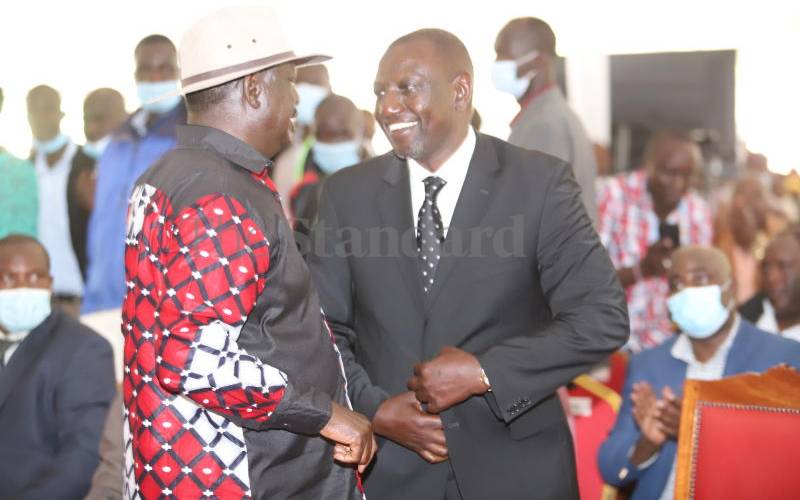×
The Standard e-Paper
Home To Bold Columnists

Social media is a global influencer and the elite know this inside out. Dependency on social networks by big brands, celebs, and political figures has powered them in a mystifying way.
The world has been thrust into the future. What’s known to be the ‘power of platforms’ is a revolution with a snare. In Myanmar, 730,000 refugees are suing Facebook for Sh17 trillion over claims it was used to fuel turmoil leading to rape and mass murders.